More Praise for
Zen Questions
Taigen Leighton is one of the Wests most important Zen scholar-priests and one of our foremost exponents of bringing out into the world the insights we find on the meditation cushion. This book contains some enormously important reflections on the nature of the Zen practice of just sitting, through a close reflection on the great master Dgen, the Sufi poet Rumi, as well as Bob Dylan, Mary Oliver, and the American Zen original Gary Snyder. Perhaps even more importantly, Leighton offers a number of reflections and pointers for finding our way amid the messiness of life. This is an incredibly valuable book, useful for anyone who wishes to integrate their heart-work with work in the world.
James Ishmael Ford, author of Zen Master WHO?
Unique and scintillating. I highly recommend this book to anyone who cherishes the illumination of wisdom both ancient and modern.
Lewis Richmond, author of Work as a Spiritual Practice
This book comes as a welcome reminder that my own questioning is my completeness. I become whole simply by asking: What does it mean to be a human being? Giant thanks for this book that brings me the simplicity of zazen and a sense of deep engagement with the struggle for social and environmental justiceall woven together in Taigen Leightons big-hearted expression.
Susan Moon, author of Not Turning Away
Zen teacher and leading Dgen translator Taigen Dan Leighton offers his readers an impressive array of insights into St Zen meditation practice. Those who are fortunate enough to pick up this book will relish Leightons explorations of Zen ideas applied to many current issues.
Christopher Ives, author of Imperial-Way Zen
Taigen Dan Leighton has done his homeworkhe digs deep and comes up with treasure.
David Chadwick, author of Crooked Cucumber
Z EN Q UESTIONS :
Zazen, Dgen, and the Spirit of Creative Inquiry
by Taigen Dan Leighton

W ISDOM P UBLICATIONS B OSTON
Wisdom Publications
199 Elm Street
Somerville MA 02144 USA
www.wisdompubs.org
2011 Taigen Dan Leighton
All rights reserved.
No part of this book may be reproduced in any form or by any means, electronic or mechanical, including photography, recording, or by any information storage and retrieval system or technologies now known or later developed, without permission in writing from the publisher.
Library of Congress Cataloging-in-Publication Data
Leighton, Taigen Daniel
Zen questions : zazen, Dgen, and the spirit of creative inquiry / by Taigen Dan Leighton.
p. cm.
Includes bibliographical references.
ISBN 0-86171-645-0 (pbk. : alk. paper)
1. MeditationZen Buddhism. 2. Dogen, 12001253. I. Title.
BQ9288.L47 2011
294.34435dc23
2011022682
ISBN 9780861716456
eBook ISBN 9780861717088
15 14 13 12 11
5 4 3 2 1
Cover design by Phil Pascuzzo. Interior design by Gopa&Ted2. Set in Scala Pro 10/15.
Wisdom Publications books are printed on acid-free paper and meet the guidelines for permanence and durability of the Production Guidelines for Book Longevity of the Council on Library Resources.
 This book was produced with environmental mindfulness. We have elected to print this title on 30% PCW recycled paper. As a result, we have saved the following resources: 22 trees, 8 million BTUs of energy, 2,180 lbs. of greenhouse gases, 9,832 gallons of water, and 624 lbs. of solid waste. For more information, please visit our website, www.wisdompubs.org. This paper is also FSC certified. For more information, please visit www.fscus.org.
This book was produced with environmental mindfulness. We have elected to print this title on 30% PCW recycled paper. As a result, we have saved the following resources: 22 trees, 8 million BTUs of energy, 2,180 lbs. of greenhouse gases, 9,832 gallons of water, and 624 lbs. of solid waste. For more information, please visit our website, www.wisdompubs.org. This paper is also FSC certified. For more information, please visit www.fscus.org.
This book is for Naomi

Contents







Z EN IS ABOUT QUESTIONING . Zen continuously questions. Zen questioning does not necessarily involve finding answers, but it does involve finding a space in which to sustain questioning, being willing to remain present and upright in the middle of questions. To persevere in Zen practice requires faith, but not a fundamentalist, literalist faith that merely believes in some easily digestible dogma or totally relies on some external being to provide answers and tell us how to live. Zen faith is alive, with the willingness and readiness to persist in questioning. Of course at times insights and responses appear, sometimes more frequently as we settle into the open spaciousness of meditation. But if the answers are worthy they allow more questions, or they help foster readiness for the new questions offered by the world, by life, and by our own insights. This book offers questions, and provokes more questions, and hopefully may encourage the willingness to question, thereby supporting more creative, open awareness.
In the title Zen Questions, the second word is a verb, at least as much as a noun. Actually, from the Buddhist context all wordsand all beingsare verbs, in dynamic activity. But provisionally in our language we need to utilize words as nouns or adjectives, even at the risk of producing deadened objects. Indeed, Zen questions; it questions our world, our experience, and reality itself. I remember the old bumper sticker, which I still see sometimes, Question Authority. Certainly received authorities, whether cultural, spiritual, or the authority of corporations or governmental institutions, need and deserve to be questioned. This is certainly congenial with the traditional questioning in Zen practice and literature. But in the phrase Question Authority I also hear questioning as an adjective describing a type of authority. True authority and integrity derive from the willingness to be questioned and to continue the activity of questioning. Much of Zen lore consists of questioning of the venerable old masters by their students. Indeed, questioning creates genuine authority.
The material in this book is based on my articles and Dharma talks from the time span 1994 to 2010. This book also encompasses the scope of my own life-interests and of my Dharma teaching, beginning with the practice of zazen, or Zen meditation. I received my first formal zazen instruction on the Upper West Side of Manhattan when I was twenty-four, from a Japanese St Zen priest. It immediately felt like home, and I have been enjoying everyday zazen practice since, leading over many years to becoming a St Zen priest and transmitted Dharma teacher myself. That first evening of instruction, Rev. Kand Nakajima also spoke about Eihei Dgen, the thirteenth-century founder of Japanese St Zen. Dgens insightful writings have become instrumental in the introduction of Buddhism to the West and have remained my touchstone along with meditation practice. Their inspiring quality led to my studying Japanese and Chinese and eventually working on collaborative translations of many of Dgens profound, provocative, and deeply nourishing writings. This book provides an opportunity to offer some of my own commentaries on writings from Dgen that I helped translate.


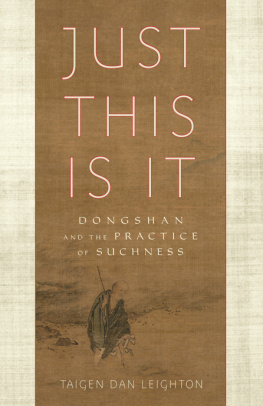

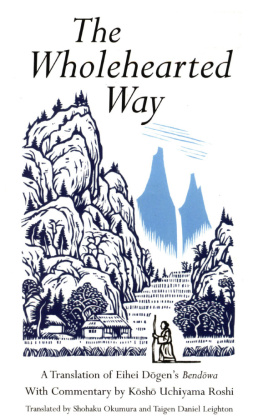



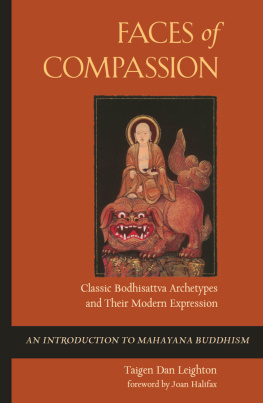
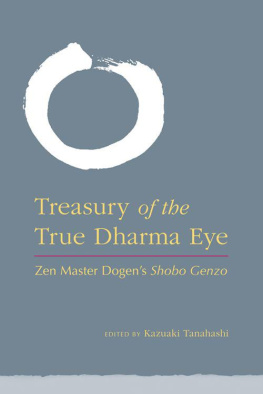
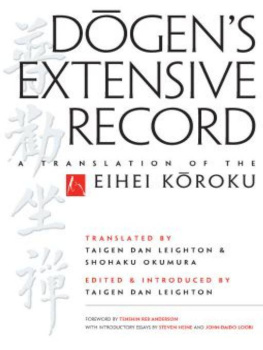

 This book was produced with environmental mindfulness. We have elected to print this title on 30% PCW recycled paper. As a result, we have saved the following resources: 22 trees, 8 million BTUs of energy, 2,180 lbs. of greenhouse gases, 9,832 gallons of water, and 624 lbs. of solid waste. For more information, please visit our website, www.wisdompubs.org. This paper is also FSC certified. For more information, please visit www.fscus.org.
This book was produced with environmental mindfulness. We have elected to print this title on 30% PCW recycled paper. As a result, we have saved the following resources: 22 trees, 8 million BTUs of energy, 2,180 lbs. of greenhouse gases, 9,832 gallons of water, and 624 lbs. of solid waste. For more information, please visit our website, www.wisdompubs.org. This paper is also FSC certified. For more information, please visit www.fscus.org.



